Aquarius Reef Base
The world's only underwater laboratory where "aquanauts" study oceanic life.
A laboratory at the bottom of the ocean might sound like something out of a James Bond movie, but it’s a real thing. In the second half of the 20th century, over 60 undersea labs were constructed to study all things ocean, but because of prohibitive costs most were shut down. Aquarius Reef Base is the only one still in operation today.
Aquarius is 60 feet below the water’s surface, in the research zone of the Florida Keys National Marine Sanctuary off Key Largo. However, once you’re in the lab you might as well be in outer space for how unlike anyplace else it is.
When divers reach the base, which sits in an open sandy patch near a coral reef, they enter through an air lock. Once inside the researchers have access to a wet lab, a dry lab, an electrically equipped computer space, and six bunks. A life support buoy connected to the lab contains a radio transmitter so that the researchers can communicate with mission control on the mainland. If this sounds reminiscent of a space station, you’re not far off. Aquarius partners with NASA to train astronauts in lunar and spacewalk expeditions, as the underwater environment provides a similar set of physical constraints to space. Divers are even referred to as “aquanauts”.
Marine scientists are able to submerge for up to two weeks to work and live in Aquarius. Being in the undersea lab not only affords them up close and personal access to the ocean life they study, but it also cuts down on the cost and time of research dives. Living on the base, marine biologists have unparalleled access to neighboring Conch Reef. They can visit the reef daily to monitor its health and growth and return to the lab to process samples, all without ever resurfacing.
Despite its significance to the field of marine biology, Aquarius has not been without its struggles. The base has carried on through multiple hurricanes, the death of a diver, and an underwater generator fire. It was even closed, removed from the reef, and placed back in again after a loss and subsequent retrieval of funding.
Still, the lab remains an incredibly important place in ocean research. Fabien Cousteau, grandson of Jacques Cousteau, beat his grandfather’s record month-long underwater expedition by spending a 31 days on Aquarius Reef Base. During that brief time, the younger Cousteau estimated, he and his team were able to collect two years’ worth of data.




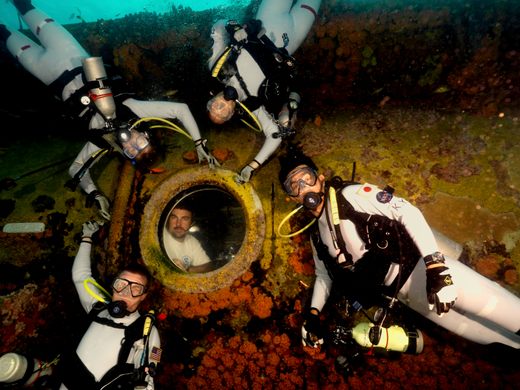
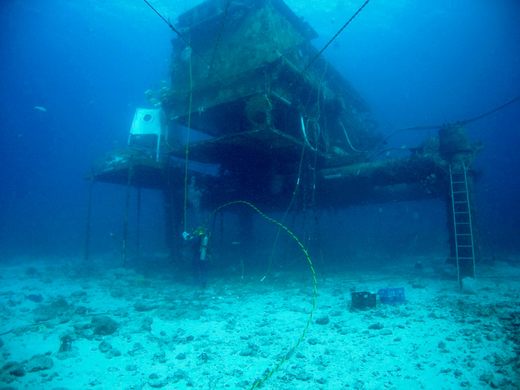











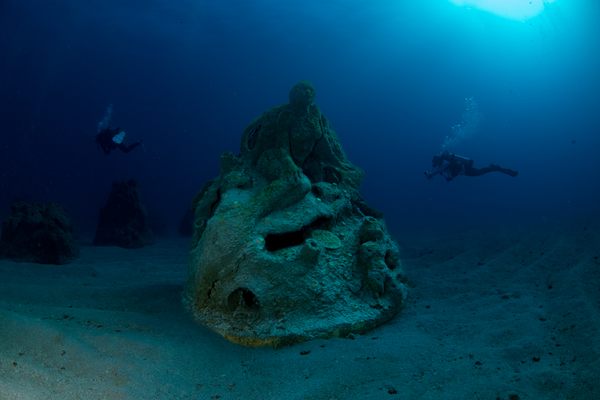
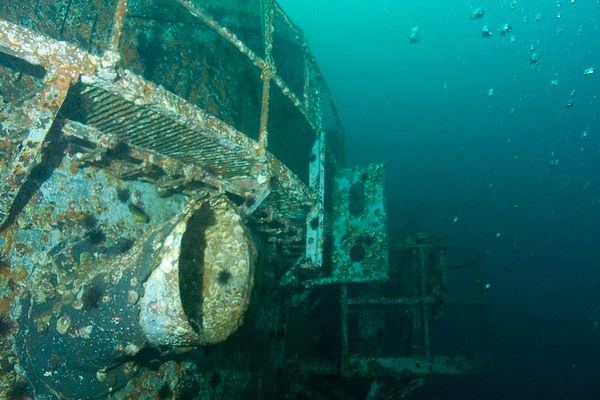
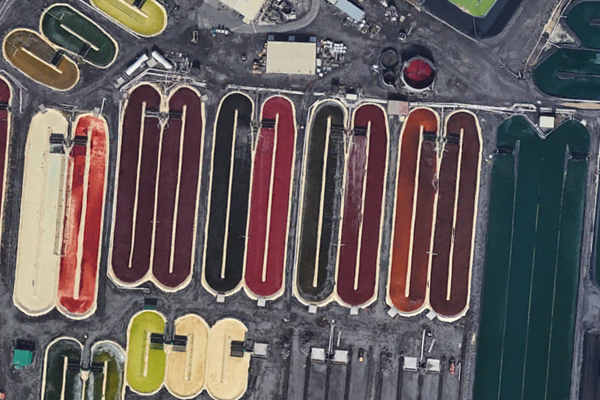
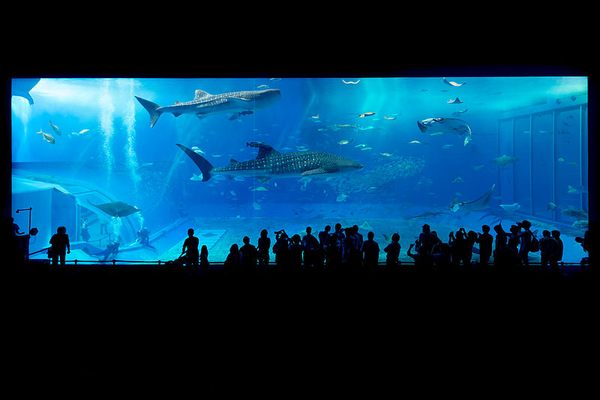

Follow us on Twitter to get the latest on the world's hidden wonders.
Like us on Facebook to get the latest on the world's hidden wonders.
Follow us on Twitter Like us on Facebook